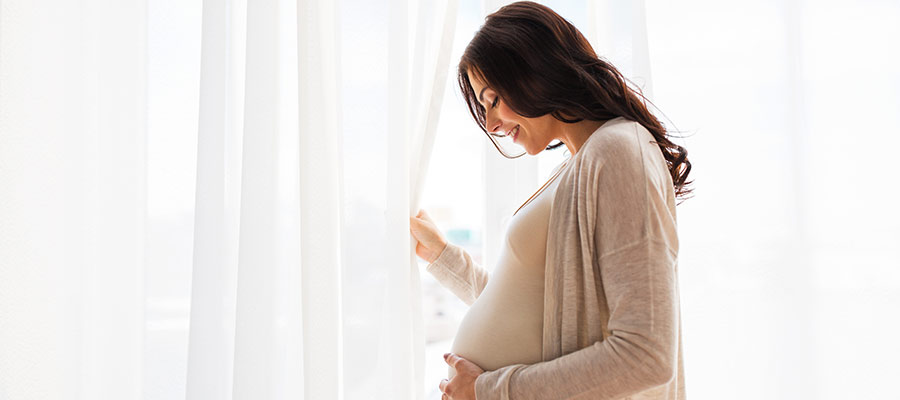Can Exposure to Mold Cause Miscarriage and Birth Defects During Pregnancy?
Visit The Center for Occupational and Environmental Medicine (COEM) to learn more. For more information, contact us today or schedule an appointment online. We are conveniently located at 7510 North Forest Drive North Charleston, SC 29420.


Table of Contents:
How harmful is mold during pregnancy?
Can black mold exposure during pregnancy harm baby?
Dangers of mold and pregnancy
Can being around mold increase the chance for miscarriage?
Can mold cause birth defects, pregnancy complications, or long-term problems in behavior or learning for the baby?
Long term effects of mold on health
How to reduce your exposure to mold?
Mold is a living organism that belongs to the domain of Fungi. Fungi are unique in that they appear plant-like, but they are neither plant nor animal. Studies have shown that they can increase the chance of congenital disabilities when it is eaten in large quantities.
There is no doubt that mold has a fearsome reputation because mycotoxins can cause serious health issues. However, most of the time isn’t as bad as you perceive, and most people don’t develop health conditions due to mold. However, if you find them inside your home, you should address them promptly to avoid any complications and resolve any concerns.
In practice, no studies have been conducted that explicitly link mold to miscarriage or congenital disabilities, but there has been anecdotal evidence. Anecdotal evidence means that individuals tell stories, which may or may not be true. However, it would be medically irresponsible to expose pregnant women to mold and watch what happens deliberately.
If you are pregnant, black mold exposure is certainly something you don’t want. This is because, as parents, you have a huge obligation to take the very best care of your children and yourself possible. However, there are no studies relating to the effects of mold on human pregnancy.
Molds, in general, can cause respiratory issues like asthma, produce odors, skin rashes, and other allergic responses. According to the Centers for Disease Control and Prevention (CDC), exposure to certain forms of mold can be extremely harmful to people, especially pregnant women.
Mold exposure in pregnancy has not been well studied. Based on the current data, we cannot say that its exposure increases the possibility of miscarriage.
As far as congenital disabilities are concerned, every pregnancy has around a 3-5% chance of having it. However, there is very little official data available about exposure to mold in pregnancy. So, if you have them in your home and get pregnant, have them removed as soon as possible before it affects your or your baby’s health.
Long-term exposure to indoor molds on babies can develop more severe symptoms such as:
• Cancer
• Neurotoxicity
• Immunosuppression
• Pulmonary injury/Hemosiderosis (bleeding)
• Hypersensitivity Pneumonitis/Pulmonary Fibrosis
• Hepatic, endocrine, and renal toxicities
• Hematologic and immunologic disorders
Here are a few ways to reduce your exposure:
• Keep the moisture levels in your home lower than 50% on an average
• Use an air conditioner in humid weather conditions
• Use exhaust fans in bathrooms as well as kitchens
• Use mold-killing products to clean the bathrooms
• Wear eye protection, non-porous gloves, and have good air circulation while cleaning
• Avoid putting carpets in basements or bathrooms
If you are looking for an expert Board Certified OB/Gynecologist specializing in mold illness treatment, the Center for Occupational and Environmental Medicine can help you. For more information, contact us today or schedule an appointment online. We are conveniently located at 7510 North Forest Drive North Charleston, SC 29420. We serve patients from Charleston SC, Mount Pleasant SC, Summerville SC, North Charleston SC, Goose Creek SC, Ladson SC, Hanahan SC, James Island SC, John’s Island SC, Daniel Island SC, West Ashley SC, Moncks Corner SC, Sullivans Island SC, Folly Beach SC, Isle of Palms SC and all of South Carolina, Nationally, and Internationally. Patients routinely fly into Charleston to be evaluated by COEM and to enjoy this beautiful city, which is a Condé Nast and Travel and Leisure Top Domestic and International Tourist Destination.










